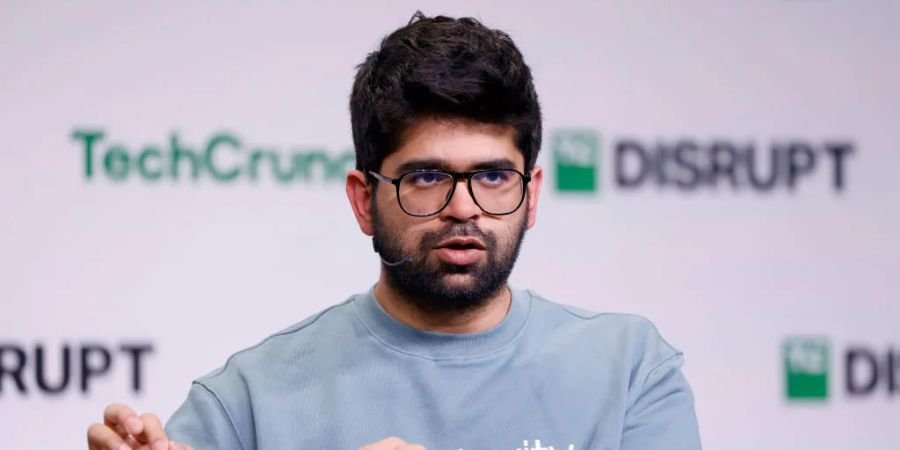Aravind Srinivas, CEO of AI search company Perplexity, has stirred controversy by offering to cross picket lines and provide services to the New York Times (NYT) during the ongoing strike by the NYT Tech Guild. The guild, representing tech workers responsible for software support and data analysis, initiated the strike on November 4, following months of unsuccessful negotiations over wage increases and workplace conditions.
Srinivas extended the offer on X (formerly Twitter), responding to a statement by NYT publisher AG Sulzberger, who had criticized the strike on the eve of the U.S. presidential election. The Times relies heavily on its tech workers for operational support during high-traffic periods, including elections.
Tech Guild’s Grievances and Strike Announcement
The NYT Tech Guild announced the strike after reaching an impasse in contract negotiations. Key demands from the workers include a 2.5% annual wage increase and the continuation of a flexible in-office policy that currently mandates two days per week. The union expressed frustration that the NYT was unwilling to meet their demands, accusing the company of “unfair labor practices.”
Srinivas Faces Backlash Over ‘Scab’ Allegations
While Srinivas’s offer was intended to support the NYT’s technical infrastructure on a busy election day, the response from social media was swift and critical. Many accused him of “scabbing”—a term used for individuals who break strikes by doing the work of striking employees. The term is generally used to describe actions considered to undermine collective bargaining efforts and workers’ solidarity.
Critics on X quickly condemned Srinivas for appearing to undercut the Tech Guild’s strike by offering Perplexity’s services as a replacement for the striking workers. One user wrote, “Offering to step in during a strike is a classic scab move, and it damages workers’ rights everywhere.”
In his defense, Srinivas clarified in a follow-up post that the offer was not to “replace” journalists or engineers but rather to provide technical infrastructure support on a high-traffic day. “This was about making sure technical systems stay operational for essential news coverage, not about replacing anyone,” he wrote.
Perplexity and NYT’s Strained Relationship
Srinivas’s offer comes at a time when the relationship between Perplexity and the New York Times is already tense. In October, the NYT sent a cease-and-desist letter to Perplexity over the startup’s scraping of NYT articles for use in training its AI models. This legal dispute over intellectual property and the use of journalistic content in AI development has added further friction between the two parties.
In an interview with TechCrunch, Srinivas avoided labeling his company’s AI practices as “plagiarism,” despite the ongoing legal issues. The NYT’s stance on AI scraping, combined with the timing of the strike, has heightened tensions, with critics questioning the ethics of Perplexity’s involvement in offering services during the labor dispute.
Uncertainty Around Perplexity’s Role in Strike Support
While the specifics of the services that Perplexity could provide during the strike remain unclear, Srinivas’s proposal raises questions about the role of AI companies in labor disputes. While Perplexity’s capabilities are in AI-powered search and data analytics, it is uncertain what exact technical support the company could offer without crossing into the territory of replacing striking workers who typically manage the NYT’s technical infrastructure.
With the election looming and the strike ongoing, both the NYT and Perplexity are facing increasing scrutiny over their actions. As the situation evolves, the broader implications for labor relations in the tech and media sectors will likely continue to unfold.
A Critical Moment for Workers and the Industry
The New York Times strike highlights the growing tensions between workers demanding fair wages and conditions, and tech companies navigating a rapidly changing industry. As for Perplexity, Srinivas’s offer, while intended to assist, may ultimately add to the controversy surrounding the intersection of AI, labor, and ethical business practices in the media and technology sectors.
As the NYT strike continues, it remains to be seen how both companies will handle the unfolding situation and whether more tech firms will offer similar “support” or choose to respect the union’s demands.
Read Also: Al-Futtaim Electric Mobility Co. Accelerates Saudi Arabia’s EV Transformation









